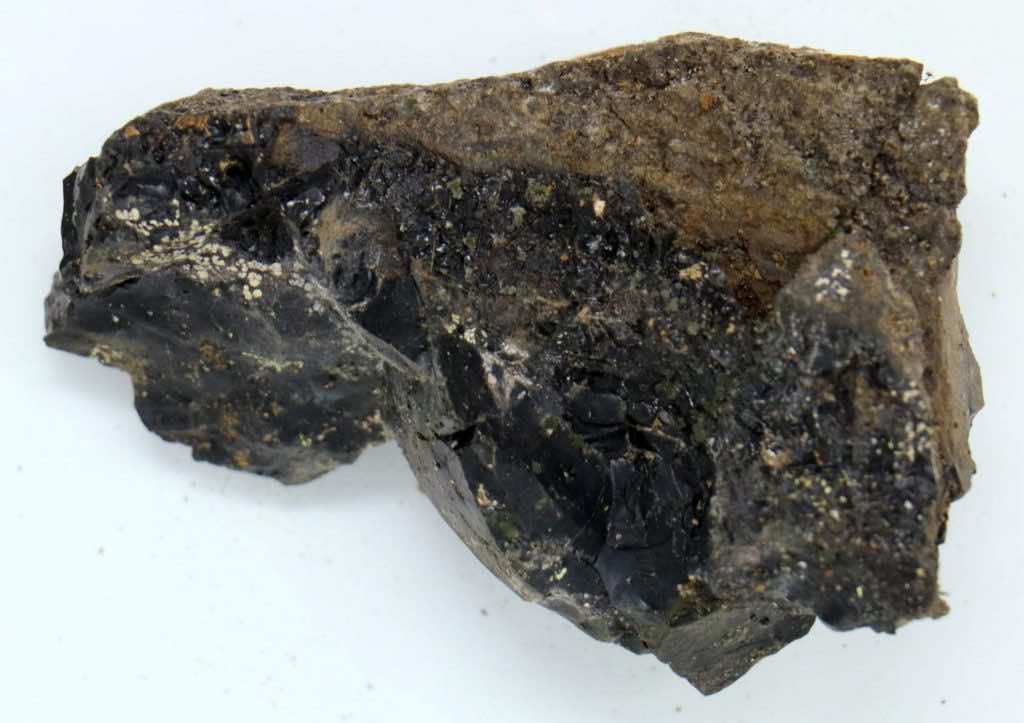We are well aware of the fact that the Earth’s crust is exceptionally hot. However, it is obvious that the rocks and all the constituents inside the Earth’s crust also contain extremely hot temperatures. In a recent case, scientists discovered the hottest rock and recorded its extreme temperature as well. The rock was first discovered in 2011 by the University of Western Ontario and surprisingly small zircon grains were being discovered too. Zircons are very reliable substances, and when given high-temperature conditions, they have the capability to form crystals. But it was not obvious at that time whether there were actually zircon grains or not being found. However, later studies endorsed this fact through and through, proving that the discovery was made right.
Not only did they find this in one specific location, but they came upon it in more than one place, i.e., in different locations throughout the earth’s crust, and it turned out that they were warmed up to the core with a temperature of about 4298 degrees Fahrenheit, or 2370 degrees Celsius. “The biggest implicit argument is that we’re receiving a much better understanding of how hot these effects melt rocks are, which constituted when the meteorite touched the surface, and it gives us a much better idea about the history of the melt and how it cooled in this particular crater,” said Gavin Tolometti, a postdoctoral student at the University of Western Ontario. “The majority of the surviving evidence, such as glass pieces and impact melt samples, were discovered near the crater bottom,” he noted. “By extending this information to additional impact craters, researchers may be able to find more evidence of the temperature conditions seen in less thorough investigations of other craters.”
A lot of analyses have been conducted to prove the authenticity of this research, like the one that shows that about 36 million years ago, these rocks were transmuted into meteorites and that this happened due to their hot temperature, which caused the melting. This is evidence that the recorded heat of the rocks was authentic and well researched. “It might be a step forward in attempting to comprehend how rocks have been affected by impact craters over the whole solar system,” Tolometti observed. Despite these findings, the researchers are still on their way to exploring more techniques and procedures to study the rocks and find some amazing discoveries like the one recently discovered about the hottest rock in the earth’s crust. The study has been published here.

